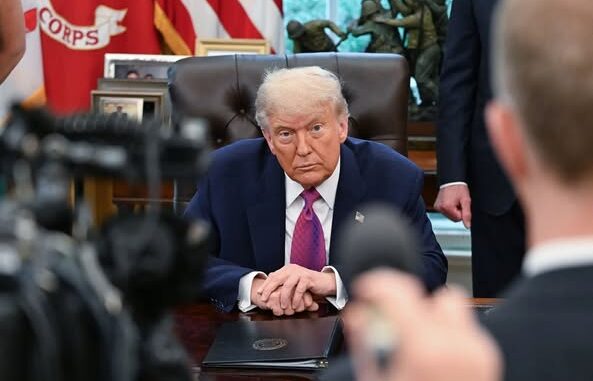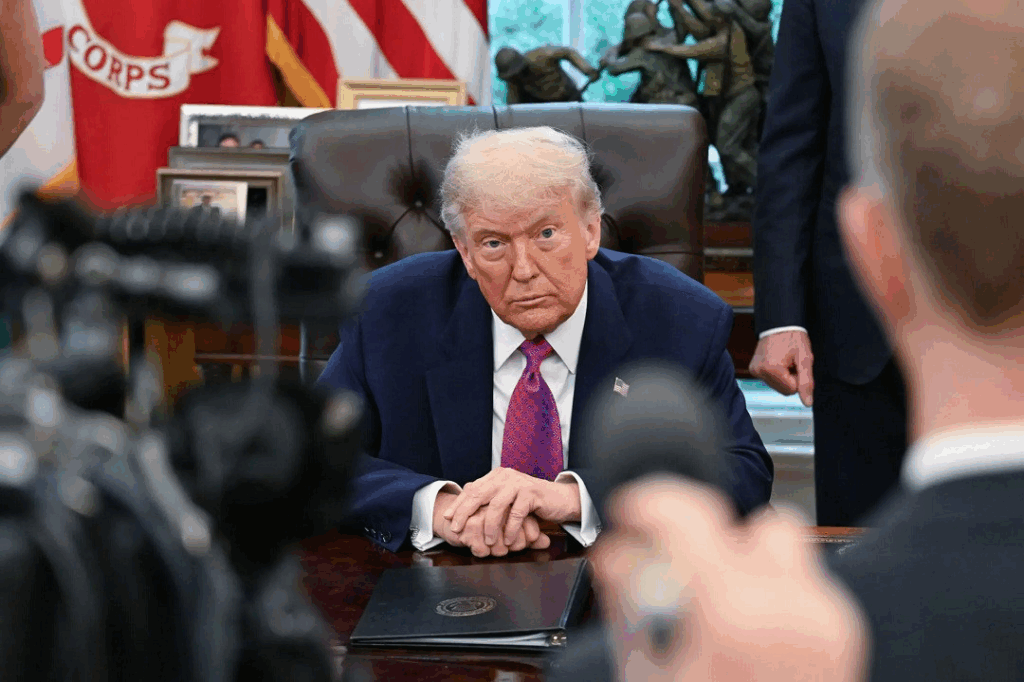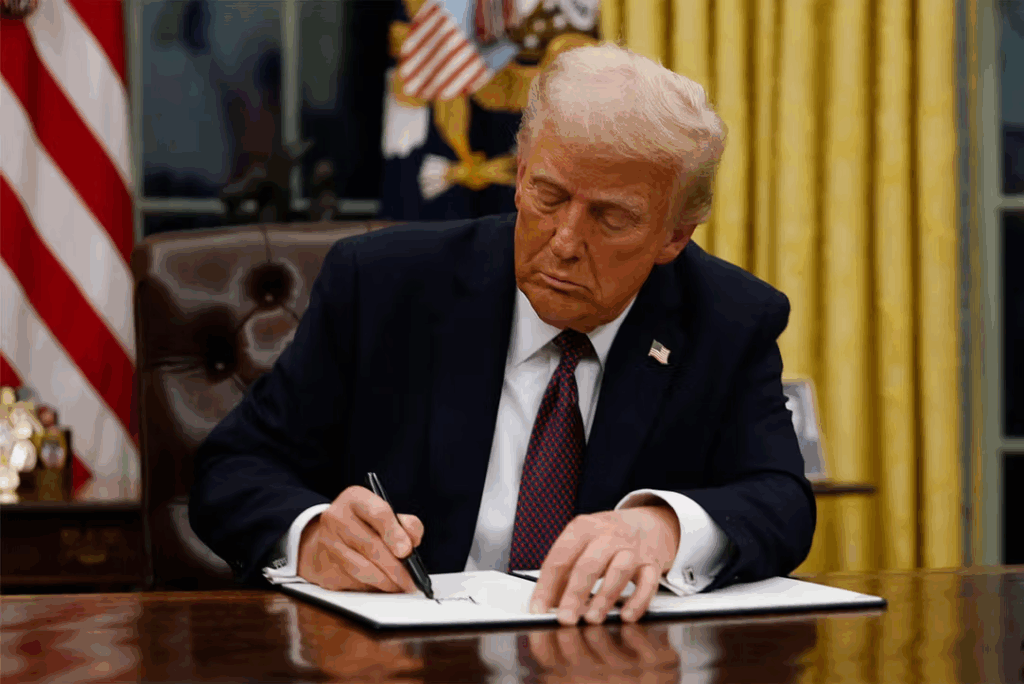
U.S. President Trump Hints at Possible Regime Change in Iran After Strikes on Tehran’s Nuclear Facilities; Iranian Parliament Votes to Close Strait of Hormuz in Response

According to CNN, on June 22, U.S. President Donald Trump made remarks hinting at the possibility of a regime change in Iran after Washington carried out airstrikes on the country’s nuclear facilities.
“This might not be the politically correct term, but we might consider ‘regime change’ in Tehran. The current government can’t make Iran great again — so why not change it?” Trump said.

Local media noted that Trump’s statement appeared to contradict previous assertions by U.S. officials, even though the White House leader only alluded to the possibility.
Earlier, U.S. Secretary of Defense Pete Hegseth told reporters at the Pentagon that the operation was not aimed at achieving regime change in Iran. U.S. Vice President JD Vance also reiterated this stance in an interview with NBC.
On the same day, Israeli Prime Minister Benjamin Netanyahu announced that Israel would continue its military campaign in Iran to achieve its stated objectives.

“The U.S. attack has inflicted serious damage on Iran’s Fordow nuclear facility. We are removing the nuclear threat from the region. The operation targeting Tehran could also create opportunities to expand the Abraham Accords,” Netanyahu emphasized.
Later that evening, on June 22, the Israeli Air Force deployed more than 20 fighter jets to carry out airstrikes on targets around Tehran and central Iran.
Iran Closes the Strait of Hormuz in Response to the U.S.

According to The Times of Israel, on June 22, the Iranian Parliament voted to approve a proposal to close the Strait of Hormuz in retaliation for what it called the U.S.’s “aggressive actions.”
“Iran’s Parliament has reached the conclusion that it is necessary to close the Strait of Hormuz, but the final decision will be made by the National Security Council. We need to respond to the U.S. military action and the silence of the international community,” Iranian lawmaker Esmaeil Kowsari stated.
Observers noted that the Strait of Hormuz is considered a strategically vital waterway for the global energy industry, and Iran has the capability to block this critical passage. Currently, up to 30% of the world’s liquefied natural gas (LNG) supply and about 20% of global crude oil shipments pass through the Strait of Hormuz.
Để lại một phản hồi